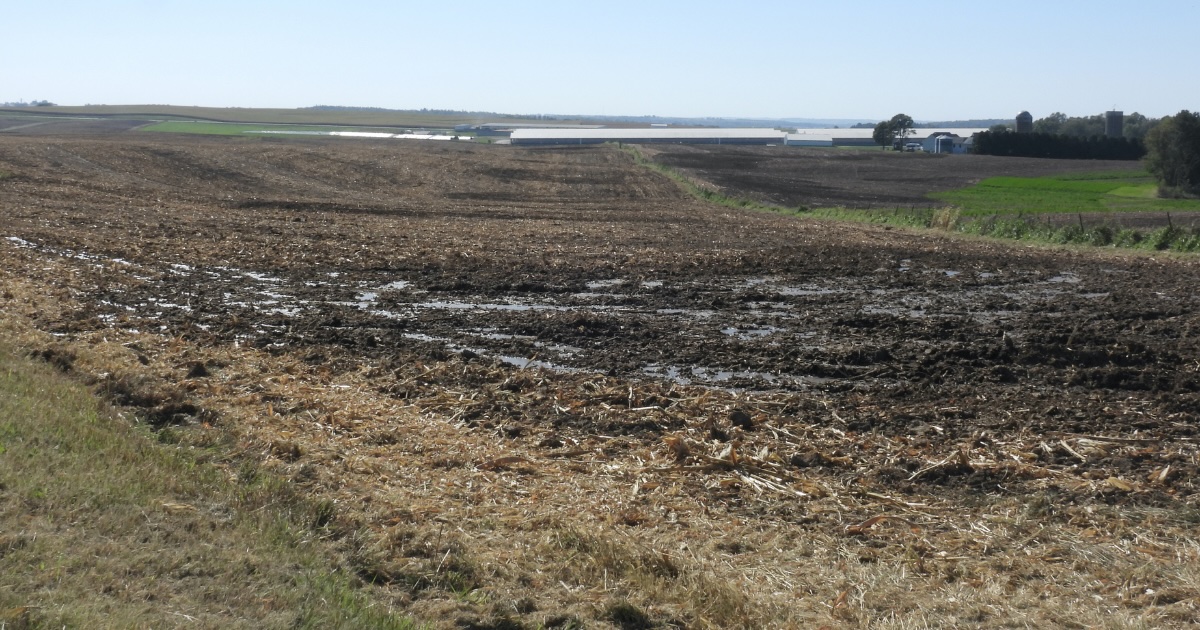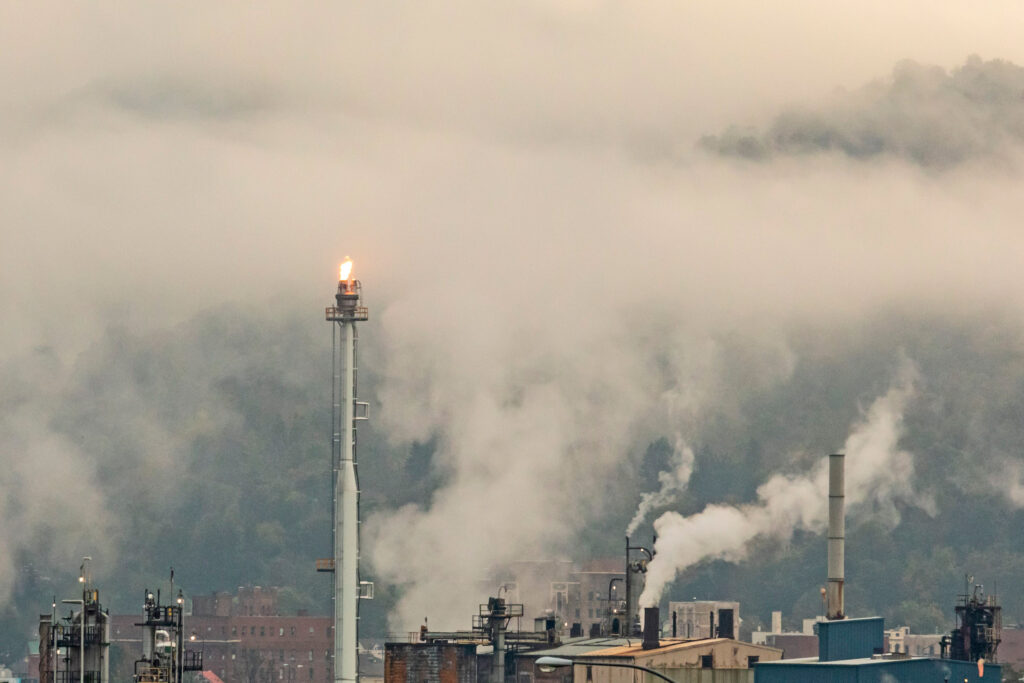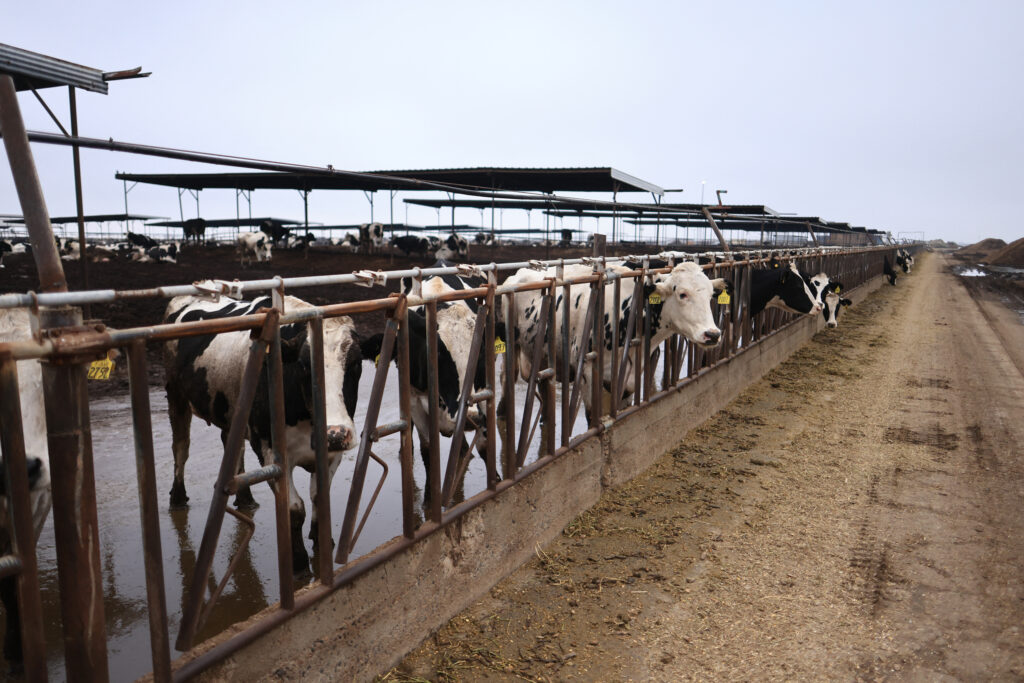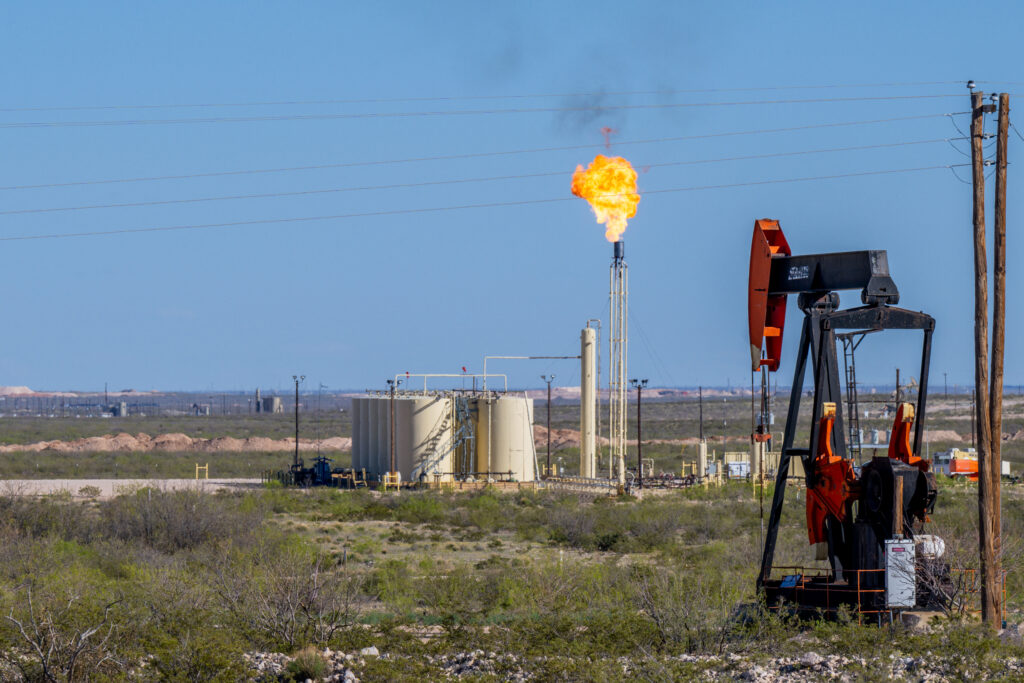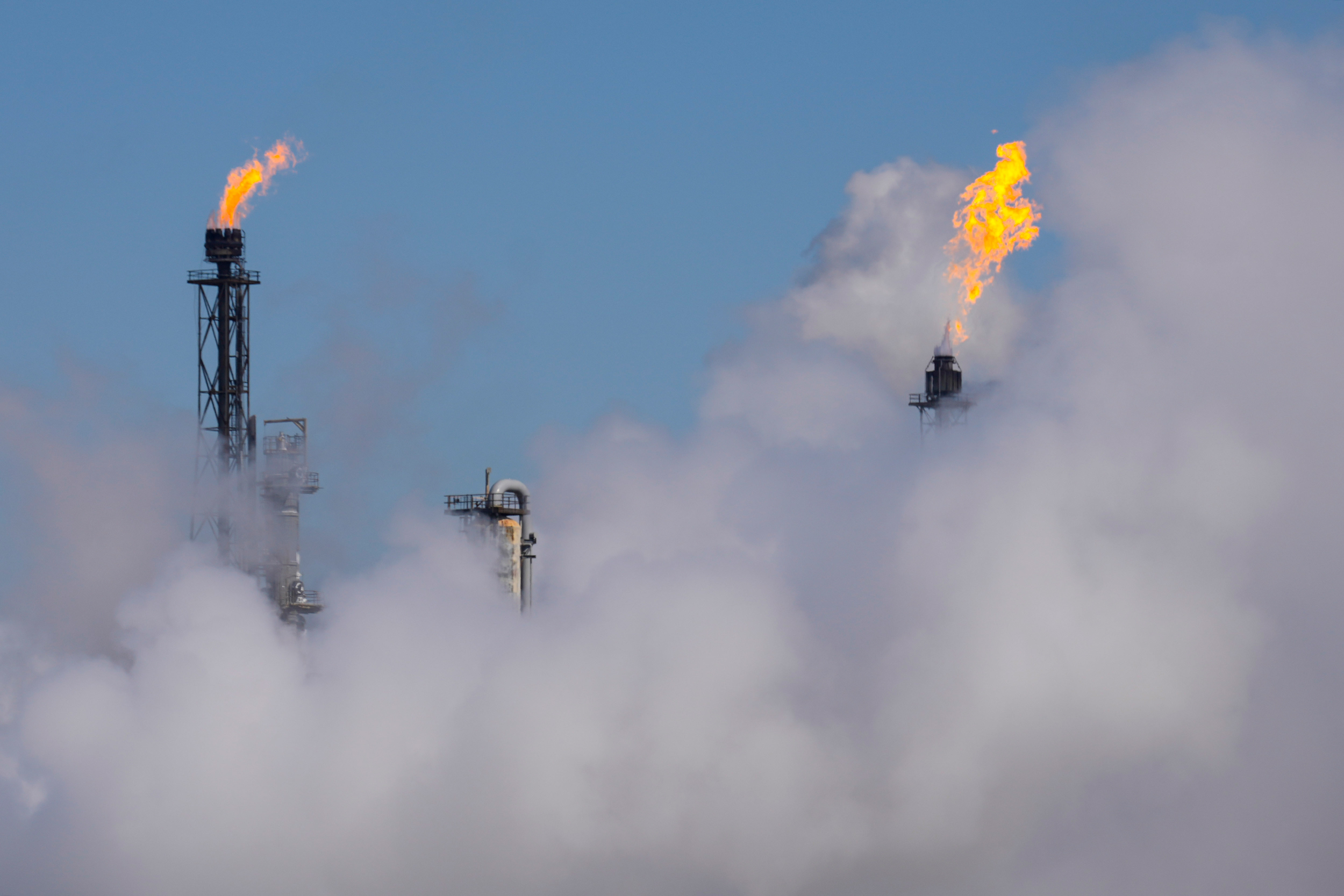In late November, scientists identified a North Atlantic right whale, nicknamed Juno, breaching the waters off the coast of Georgetown, South Carolina, with a days-old calf by her side, the first documented birth of the season.
A little over a month later, fishermen spotted the same duo in a different area of South Carolina, but this time the calf’s head, mouth and lips were marred by massive lacerations. These injuries are consistent with a vessel strike, suggesting the young whale was slashed by the propeller of a boat, according to the National Oceanic and Atmospheric Administration.
Though the calf is currently still alive, the slashes could impact its ability to nurse, and NOAA biologists announced on Jan. 10 that the “whale is likely to die.”
We’re hiring!
Please take a look at the new openings in our newsroom.
See jobs
This incident is illustrative of one of the greatest threats to endangered North Atlantic right whales, of which there are around 360 individuals left in the wild. Since 2008, at least 13 North Atlantic right whales have been killed or seriously injured as a result of a vessel strike, according to government data.
“This species is on the brink of extinction,” Erin Meyer-Gutbrod, an assistant professor at the University of South Carolina who studies the whales, told Inside Climate News over email. “I was not surprised to hear of a calf that had been struck by a boat when it was just a few weeks old. This type of thing has happened before.”
In 2020, a North Atlantic right whale calf was killed by a boat collision, and a different calf was hit and killed by a sportfishing boat in Florida a year later.
The Fight to Slow Down Speeds Up
To help stem the decline of North Atlantic right whales, NOAA enacted a speed restriction rule in 2008 that requires vessels 65 feet or larger to slow down to 10 knots, around 12 miles per hour, during certain times of the year in designated ocean zones.
Monitored by NOAA’s Office of Law Enforcement, these fixed “Seasonal Management Areas”—the equivalent of school zones for whales—stretch through various areas from Maine to Florida at different times of the year depending on when the animals typically migrate and feed.
But a 2020 study suggests that these ocean giants are vulnerable to collisions with small boats, as well. At least four of the documented lethal vessel strikes involved ships smaller than 65 feet, according to the Anderson Cabot Center for Ocean Life at the New England Aquarium, which runs a program tracking North Atlantic right whales throughout their lives—and deaths.
“When you’re tracking it and living it and breathing it in the way we do at the aquarium—because we work so much on these animals—these stories, they’re devastating,” said Jessica Redfern, the associate vice president of ocean conservation science at the New England Aquarium. “I do not want, on our watch, this population to go extinct.”
Adding to the problem, climate change is altering the habitats and migratory patterns of whales, sending them into new regions where they are not protected.
In response to these variables, NOAA proposed in July 2022 a modified set of vessel speed restriction rules. If passed, the new rules would expand seasonal speed restriction zones in some regions; create mandatory “dynamic slowdown zones” when a high number of whales are present in an area; and require smaller vessels (35 feet and greater) to follow speed restriction rules, along with the larger boats.
These proposed changes have sparked intense backlash from representatives in the fishing and shipping industries. At a hearing before the House Natural Resources Subcommittee on Water, Wildlife and Fisheries in June 2023, several industry representatives spoke out against the new rules.
“Many boaters and anglers will forego boating and fishing trips altogether due to the unreasonable time, cost and restrictions imposed by the rule,” Frank Hugelmeyer, the president and CEO of the National Marine Manufacturers Association, wrote in his testimony. He adds that “this in turn will negatively impact marinas” and a variety of other boat-related operators such as tackle shops or watersport renters.
Along with citing economic costs, individuals from the fishing industry, including New Jersey boat captain Fred Gamboa, expressed concerns during the briefing about how the rules would affect safety for small boats by precluding them from speeding to avoid dangerous weather. However, NOAA’s proposed ruling does include a safe navigation exemption, in which ocean operators could briefly increase speeds in dangerous circumstances without repercussions.
In December 2023, House members from Alaska, Texas and Pennsylvania penned a letter asking NOAA Fisheries to “suspend further action on proposed changes to the North Atlantic right whale (NARW) vessel speed rule.” In South Carolina—the state in which the most recent injured whale calf was first spotted—Senator Lindsey Graham spoke out against the bill in October 2023.
“To mandate 10 knots is going to put the lives of these men and women at risk with no benefits to the whale,” said Graham while touring the docks and facility of the Charleston Branch Pilots Association in October.
This story is funded by readers like you.
Our nonprofit newsroom provides award-winning climate coverage free of charge and advertising. We rely on donations from readers like you to keep going. Please donate now to support our work.
Donate Now
Environmental groups such as Oceana and the International Fund for Animal Welfare, on the other hand, are working to speed up the process.
“Just weeks ago, we were celebrating this calf’s birth, and now we’re anticipating its untimely death,” said Gib Brogan, the Oceana campaign director, in a statement following the calf’s injury. “Further delays in issuing the vessel speed rule will predictably invite more devastating events like this one and that is simply unacceptable.”
While NOAA Fisheries had said it anticipated taking action on the proposed rule in 2023, “the rulemaking process remains underway,” Lauren Gaches, a spokesperson for NOAA, told Inside Climate News over email.
In the meantime, earlier in January, NOAA Fisheries launched a partnership with nonprofit technology corporation MITRE to develop new technologies related to whale detection, vessel strike avoidance and on-demand or “ropeless” fishing gear to prevent entanglements, which is currently the leading cause of death for North Atlantic right whales. The contract is supported by more than $9.9 million in funding from the Inflation Reduction Act.
The federal organization also created a new dashboard to monitor existing vessel speed restriction compliance in October 2023. Using a tracking system that taps into transceivers on ships, they found that there was strong compliance from boats in mandatory speed zones. However, other monitoring systems tell a different story: Oceana’s Ship Speed Watch tracker tool showed that 79 percent of ships violated mandatory speed zones in the weeks leading up to the discovery of the injured calf.
“Often, captains and pilots speed through right whale seasonal management areas and slow zones. It’s really hard to enforce vessel speed limits,” Meyer-Gutbrod of the University of South Carolina said. NOAA’s proposed ruling “to change the risk of vessel strikes is important, since we are clearly not doing enough today.”







